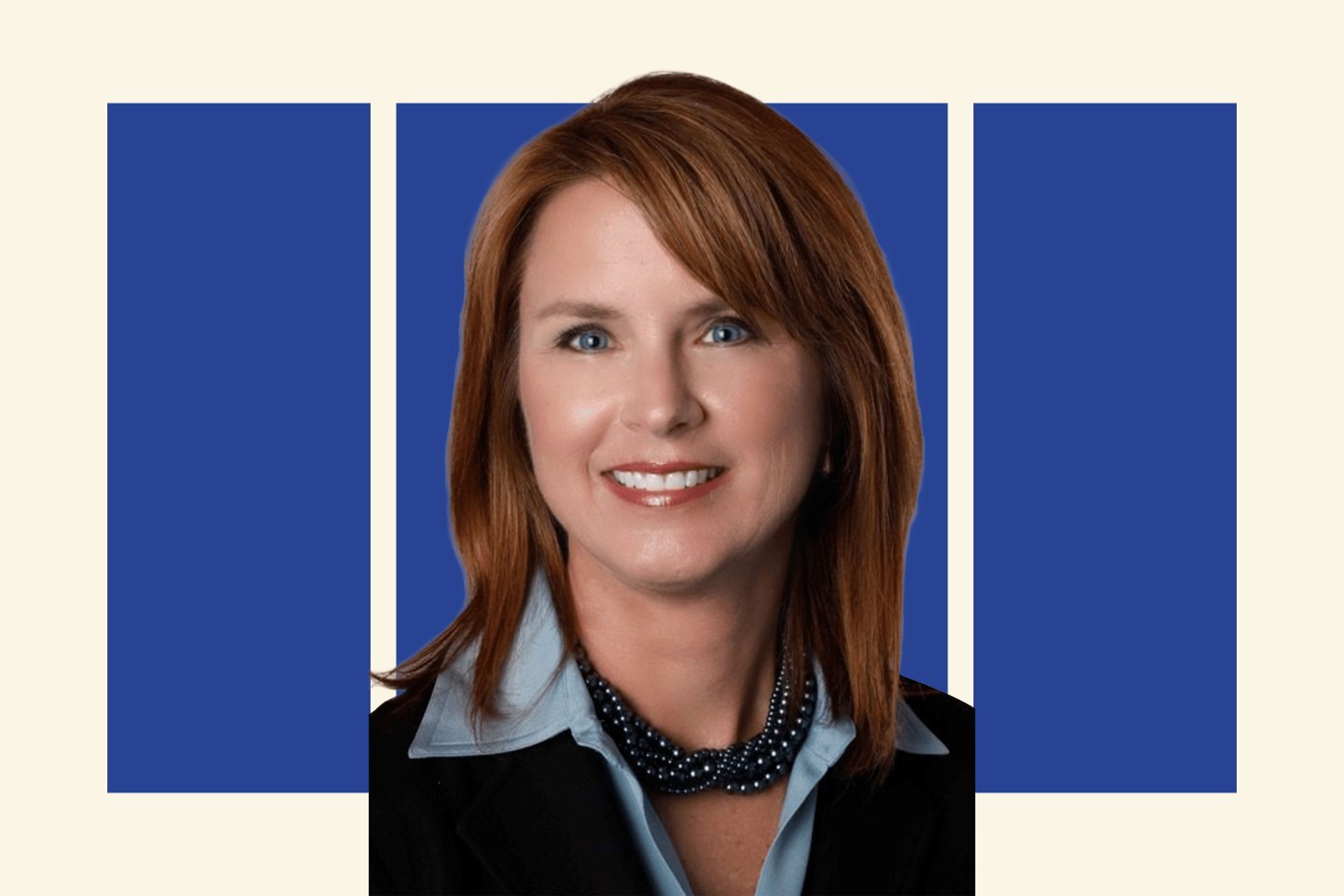Good morning!
The gaming industry has a diversity problem. Although African American teenagers reportedly play video games more than other demographics, Black Americans make up just 2% of the industry’s workforce, and women represent 24%.
Julie Hodges, chief people officer at Activision Blizzard, is working to fix the lack of representation, starting with engineers. This year, the gaming company launched the Level Up U boot camp to train non-industry professionals from underrepresented backgrounds to become full-time engineers. The industry is notoriously insular and hard to break into for applicants without experience in the space. As of 2021, women made up 24% of Activision’s workforce, while underrepresented employees made up 36%.
The need for such a program at Activision was clear. But the interest from applicants exceeded Hodges’s expectations. Over 2,000 candidates applied to the 12-week program, which promises full-time employment at the company upon completion. This week, Level Up U’s 104 participants graduated from the pilot program, 73% of whom are from non-majority backgrounds, including women, veterans, the differently abled, and people of color.
The program launched in July of this year, four months after the video game giant settled a lawsuit over gender discrimination, sexual harassment, and misconduct allegations.
Hodges says the program is one of several initiatives Activision is launching to acquire and develop talent from diverse backgrounds. In the meantime, she and her team are strategizing how to expand Level Up U in the future.
This interview has been edited and condensed for clarity.
Fortune: Why kick off the program with engineers?
We decided to start with engineering because we have a significant need for engineers.
We worked with our business leaders to size the population, and from there, we said, “Given this was a pilot, let’s make sure our team can do this effectively and think about the learnings before we scale even broader than 104.”
We knew we would get “organic diversity” in our internal and external candidates. The minute you open your aperture to include candidates who don’t have long-term experience in the gaming industry, you’re going to get more diversity by its very nature.
We had 15 internal candidates in the program. It doesn’t just provide opportunities for people who traditionally have a hard time getting into gaming; it’s also a great career development opportunity for people in our organization who want to move into a field like engineering but have not had the support.
What exactly is this program, and what need does it meet?
I would describe this program as a rapid-growth solution to our engineering needs by offering skills-based training to folks. [Participants] get direct gaming experience where they practice that engineering during the 12 weeks.
Applicants come from very impressive backgrounds. They’re engineers in aerospace or from nontraditional gaming companies. They’ve got significant education already, and they often say to us that they love gaming but haven’t had the opportunity to break into the industry.
Why require that applicants have a basic programming background if you’re looking to diversify?
As a pilot program, we needed to show our leaders that these folks could succeed. We needed to take leaders, who have traditionally thought one way about who we need to hire and what the job description and profile need to be, and showcase that we can teach these folks certain parts of the job if they come with the core skills.
What worked and what needs improvement?
What worked was the advertising and the social media marketing about the opportunity. We received many applications and were very selective for our first cohort. We also had outside educators and internal executives from the gaming organization and a solid team of HR professionals focused on the program. You need that kind of commitment and buy-in.
The placement process is an area of opportunity for us. We’re proud of the fact that when you into this program, you get a full-time Activision Blizzard employment offer. [But now] they’re going through the internal job placement process…We’ll work with hiring leaders to pre-assign their placements for the next go-around. Wondering where they’d end up after 12 weeks was nerve-wracking for these employees, and we think we could probably have a better experience.
If a gaming peer wanted to launch a similar program, what should be the one area in which they invest?
I would invest in working with hiring leaders to think differently about the [employee] profiles they’re hiring and the employee experience. The starting point of a program like this is getting leader buy-in and helping managers understand the need and the opportunity. It’s harder for us as hiring leaders, myself included, to change mindsets. I would invest there first and then bring on an amazing team of people to pull it off. It’s not simple, and it’s Herculean work in a very short period with a lot of organizational input.
Amber Burton
amber.burton@fortune.com
@amberbburton
Around the Table
- U.S. jobless claims reached their lowest point since late April, despite an economic slowdown. There are nearly two job openings for every unemployed person. Wall Street Journal
- A new California law aims to reduce the gender pay gap by requiring that employers include salary ranges on all job listings. Quartz
- Detailed, public diversity commitments help create accountability. Harvard Business Review
- Thousands of workers in France's energy sector went on strike yesterday to protest wages they say haven’t kept up with rising inflation. Reuters
- Most Americans believe the #MeToo movement has made it more likely that people will believe women when they make claims of sexual harassment in the workplace, according to a new Pew Research study. 19th*
Watercooler
Everything you need to know from Fortune.
WFH, please. Amazon urged employees in its call centers to work from home as the tech giant looks to reduce real estate costs. —Sophie Mellor
White-collar outsourcing. Companies have long outsourced call center and back-end engineering jobs overseas; they might soon do the same with white-collar jobs, says an MIT professor. —Jane Thier
Pay raises. Amazon is raising pay for some frontline workers in the wake of several unionization efforts. The average salary for warehouse and transportation workers will now be $19 an hour. —Matt Day
This is the web version of CHRO Daily, a newsletter focusing on helping HR executives navigate the needs of the workplace. Today’s edition was curated by Paolo Confino. Sign up to get it delivered free to your inbox.













